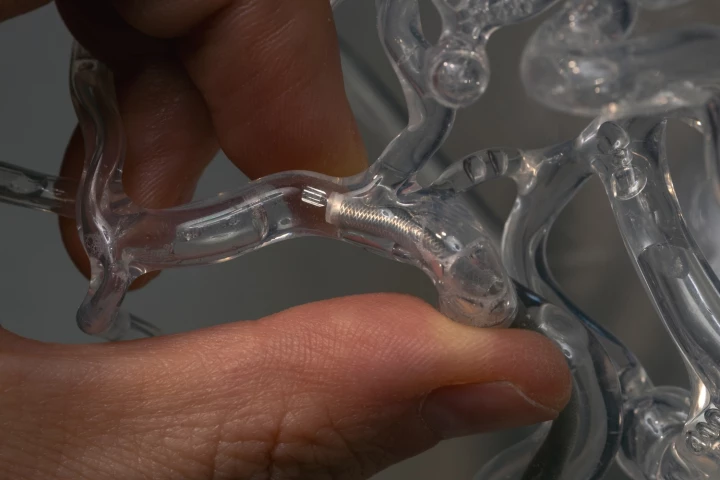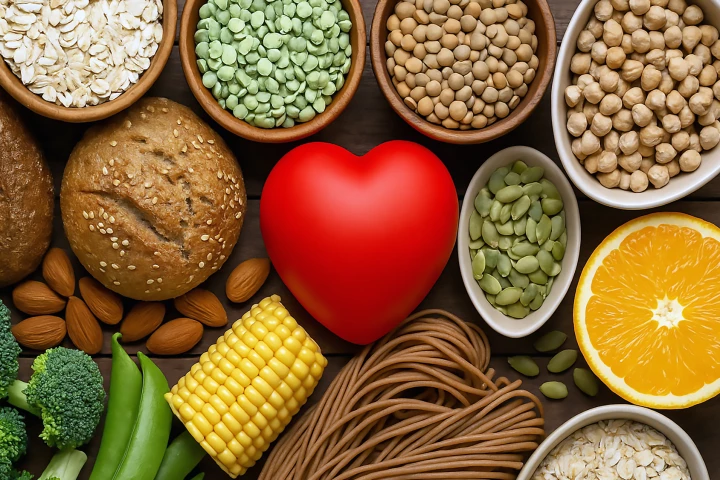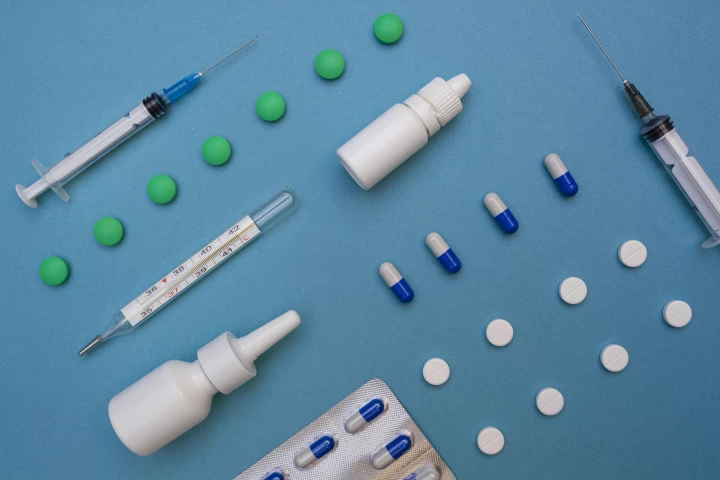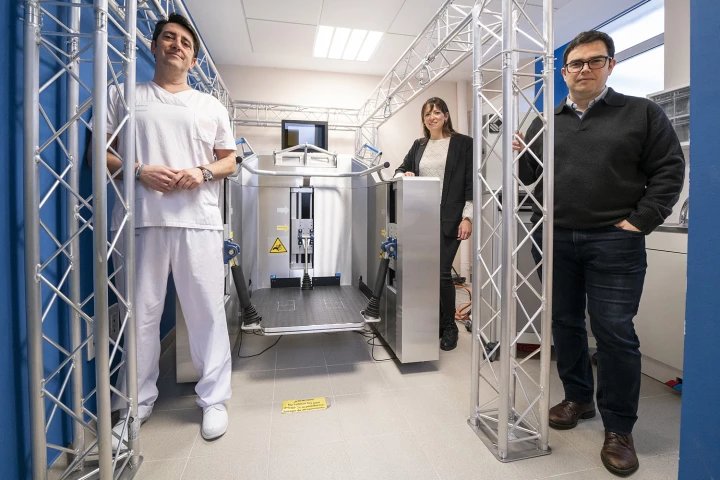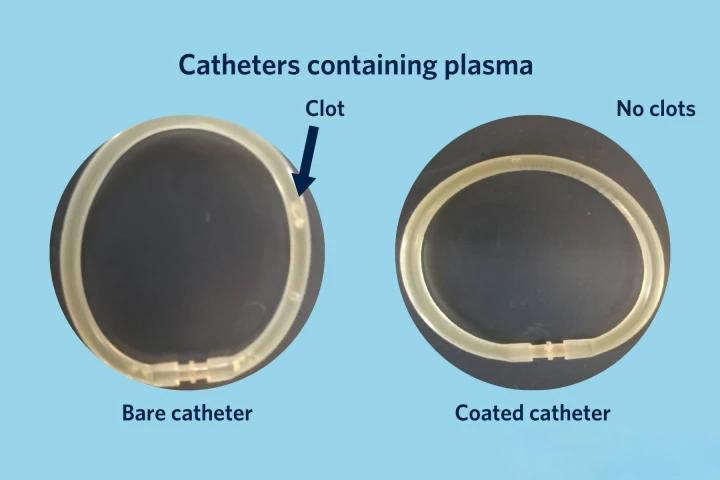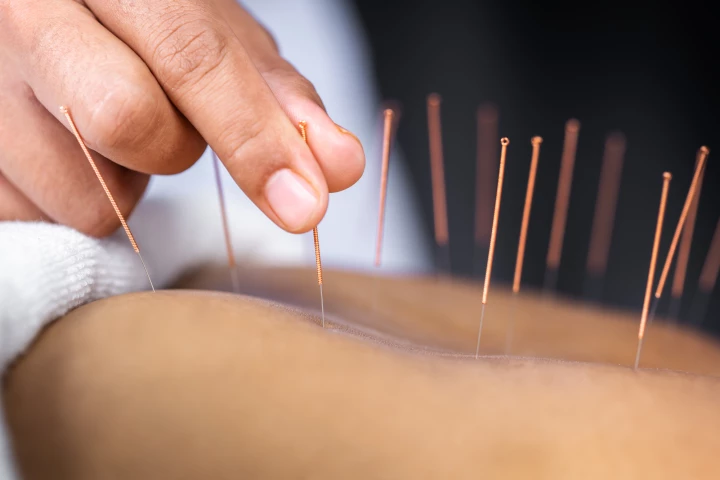Strokes
-
When trying to remove life-threatening clots from blood vessels, current technologies are successful on only about half of the first attempts – if at all. A new surgical tool, however, is claimed to boost that figure to an astounding 90%.
-
A new study has found that, for most of us, the fiber we eat can protect our heart health, lowering the risk of high blood pressure, heart disease or stroke by up to 20%. It’s more evidence showing that a healthy gut leads to a healthy heart.
-
A new antibiotic to relieve stubborn urinary tract infections and a blood-clot dissolving treatment for acute ischemic stroke will be commercially available in the coming months. It's been nearly three decades since adjacent drugs have hit the market.
-
When someone has suffered a stroke, the resulting partial paralysis often leaves them with a poor sense of balance. A new rehabilitative platform could help in the recovery process, by objectively assessing what's known as their "center of pressure."
-
When a patient's blood flows through catheters, stents or other medical devices, there's always a risk that harmful clots may form. An experimental new bio-inspired coating could keep that from happening, without the use of blood-thinning drugs.
-
Finding time to exercise each day is a challenge for many people, but a new study of nearly 15,000 men and women has discovered that adding just five minutes of daily activity that gets your heart rate up is enough to lower your blood pressure.
-
If someone has suffered a stroke, the sooner they get the appropriate medical attention, the better. A new smartphone tool may help ensure that happens, by allowing first responders to determine if a patient has indeed experienced a stroke.
-
Extreme night-time temperatures significantly increase the risk of stroke, according to a new study. The researchers behind the study say that armed with these findings, people can better safeguard themselves against increasingly hot nights.
-
Researchers are developing a robotic exoskeleton platform that could overcome the limitations of treadmills used during the rehabilitation of the many stroke survivors who have problems walking.
-
A study has found that a six-week acupuncture treatment significantly improved language function, quality of life, and neurological impairment in people with speech difficulties following a stroke, with improvements maintained for six months.
-
The first drug to prevent heart attack and stroke cell damage is now one step closer to reality, after the K’gari funnel-web spider venom molecule Hi1a got a green light from independent safety studies, and more is learnt about its unique efficacy.
-
New research shows that waiting too long in the day to have your first or last meal could have a negative impact on cardiovascular health. The study, which used data from 103,389 people, says that every hour counts when it comes to your mealtimes.
Load More
